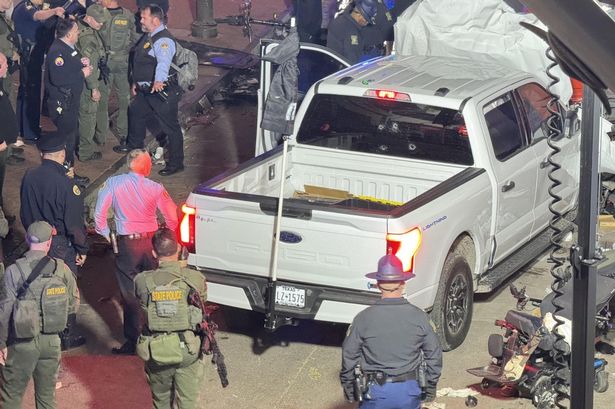The recent loss of life in both America and Germany, stemming from distinct and deeply saddening circumstances, has understandably captured global attention and evoked widespread grief. While these tragedies deserve acknowledgement and compassionate reflection, it is crucial to maintain a broader perspective and avoid a skewed understanding of suffering in the world. The intense focus on these events risks eclipsing the ongoing, and arguably more extensive, human tragedy unfolding in the Palestinian territories, where the actions of the Israeli government have resulted in devastating consequences for the Palestinian population. A balanced approach to understanding suffering requires acknowledging the pain of all victims, while also recognizing the vastly different scales and contexts of these tragedies. Ignoring or minimizing the extent of the suffering in Palestine due to the sheer volume of media coverage dedicated to other events creates a distorted narrative and fails to hold those responsible for the immense human cost accountable.
The Israeli-Palestinian conflict, a decades-long struggle rooted in complex historical, political, and religious factors, has witnessed a persistent cycle of violence and oppression. Palestinian civilians, including women and children, have borne the brunt of this conflict, facing displacement, home demolitions, restrictions on movement, limited access to essential resources like water and healthcare, and the ever-present threat of military action. The scale of destruction and loss of life in Palestine, particularly during periods of intensified conflict such as the recent escalations, dwarf the numbers seen in the isolated incidents in America and Germany. While each individual life lost is a tragedy, the sheer magnitude of suffering in Palestine necessitates a proportionate response from the international community, one that reflects the gravity of the situation and demands accountability for the actions that perpetuate the cycle of violence.
The disproportionate media attention afforded to tragedies in Western nations, while understandable given the existing power structures and news consumption patterns, inadvertently creates a hierarchy of suffering. This hierarchy, often implicit, suggests that the lives lost in certain regions of the world are somehow more significant or deserving of attention than those lost in others. This not only diminishes the suffering of those living in conflict zones like Palestine but also hinders efforts to address the root causes of their suffering. The pervasive narrative of conflict, often simplified and decontextualized, further obscures the underlying realities of occupation, dispossession, and human rights violations that characterize the Palestinian experience. This skewed representation contributes to a lack of understanding and empathy, making it more difficult to mobilize international support for a just and lasting resolution.
The focus on individual acts of violence, while important for addressing immediate security concerns, often overshadows the broader systemic issues that fuel the conflict. The ongoing expansion of Israeli settlements in Palestinian territories, the blockade of Gaza, and the restrictions imposed on Palestinian movement and economic activity all contribute to a climate of despair and fuel the cycle of violence. These underlying issues, often absent from mainstream narratives, are crucial to understanding the context of the conflict and identifying effective solutions. Addressing the symptoms of violence without tackling the root causes is akin to treating a wound without addressing the underlying infection – it may provide temporary relief but fails to address the fundamental problem.
The concept of proportionality is crucial when assessing the responses to different crises. While all acts of violence deserve condemnation, the scale and nature of the response should be commensurate with the scale and nature of the violence. The international community’s response to the tragedies in America and Germany has been swift and comprehensive, including investigations, expressions of solidarity, and efforts to prevent similar incidents in the future. However,














